DCASE 2018 Workshop - Looking back
Mark Plumbley and Christian Kroos served as the General Chairs for the Detection and Classification of Acoustic Scenes and Events (DCASE) 2018 Workshop. The two-day international workshop took place at the Living Planet Centre of the World Wide Fund for Nature (WWF) in Woking, Surrey, UK. It attracted significant interest, almost doubling the number of participants from the year before and reaching the capacity limit of the venue (150 participants, 62% from academia, 38% from industry).
There were two keynotes, four oral and two poster sessions, spotlight talks and posters on the overall results from the five DCASE challenges and a concluding panel discussion. Of the 44 accepted papers, 14 were presented as talks and 27 as posters. An additional spotlight talk and poster reported on the outcomes of the Making Sense of Sounds project’s own machine learning challenge.
Below is a selection of photos from the workshop.
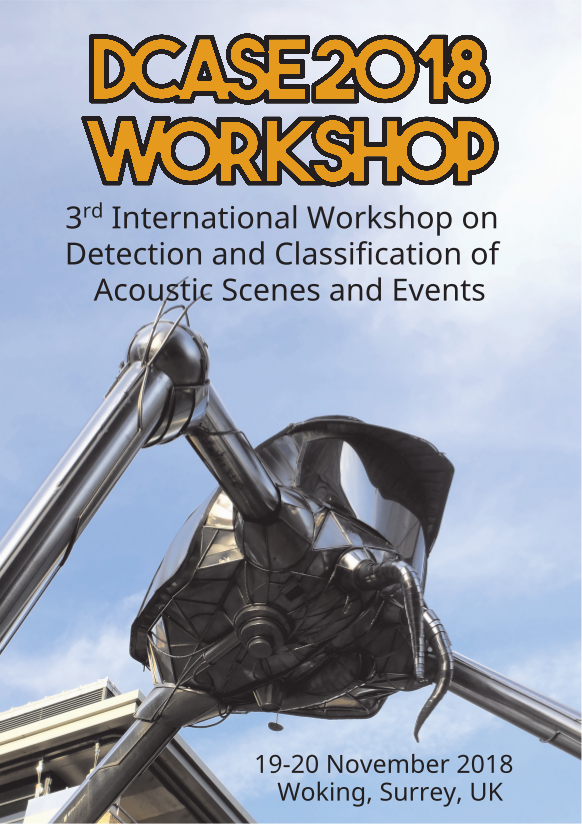
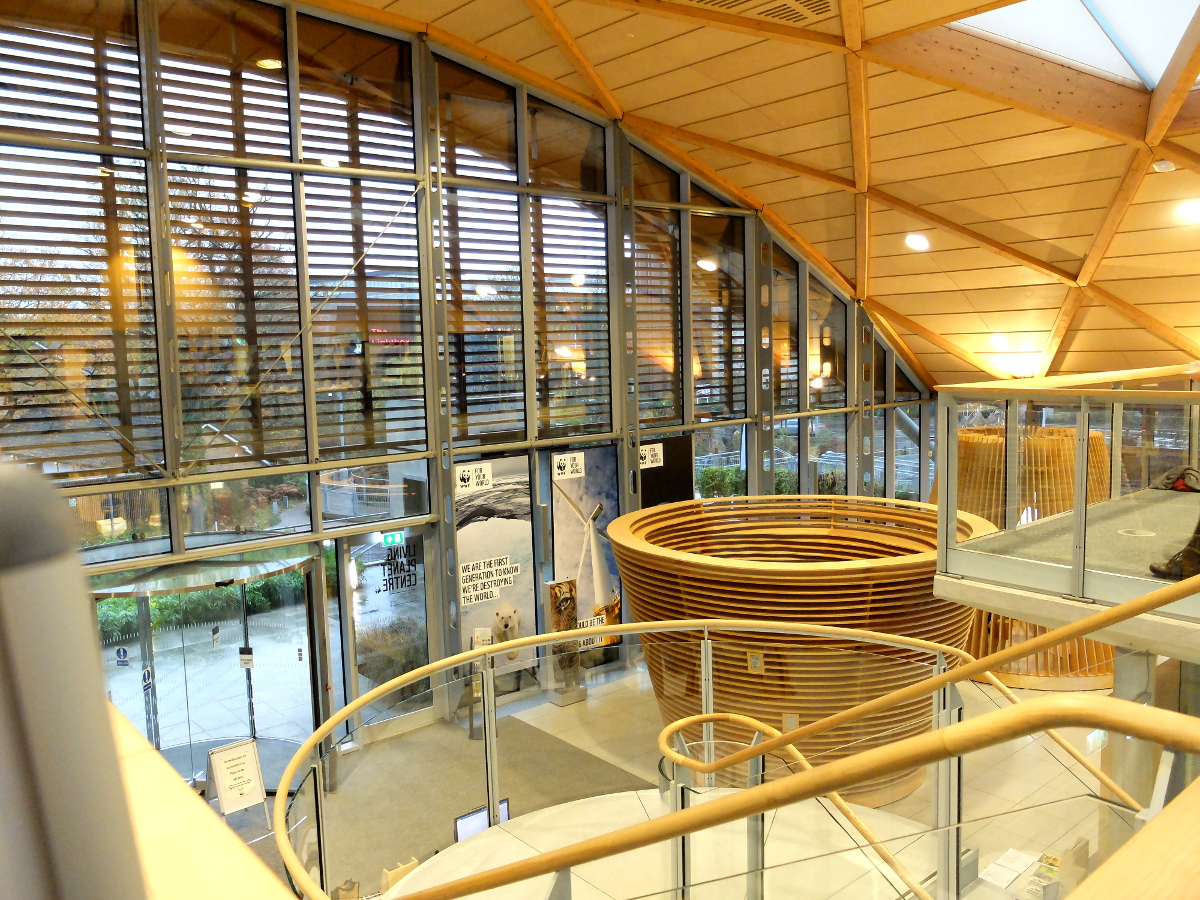
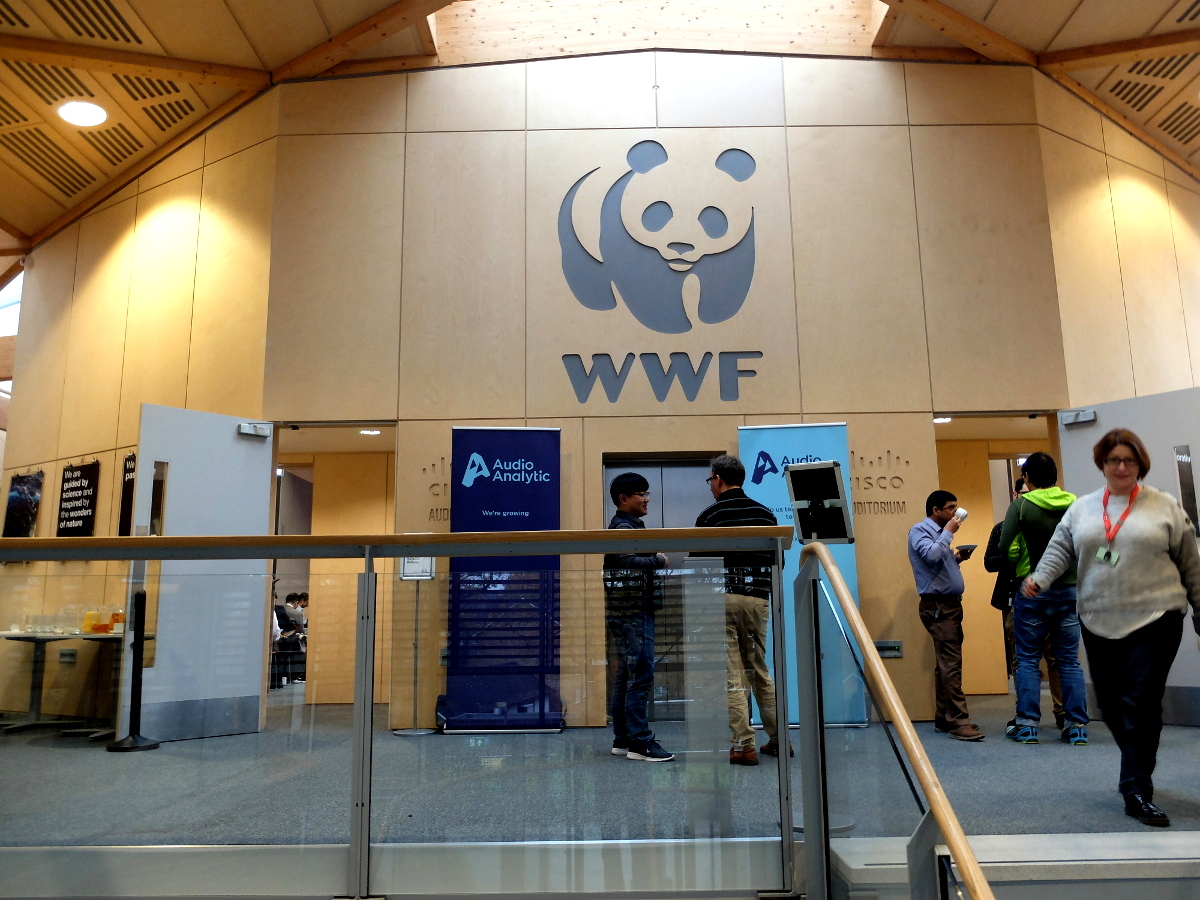
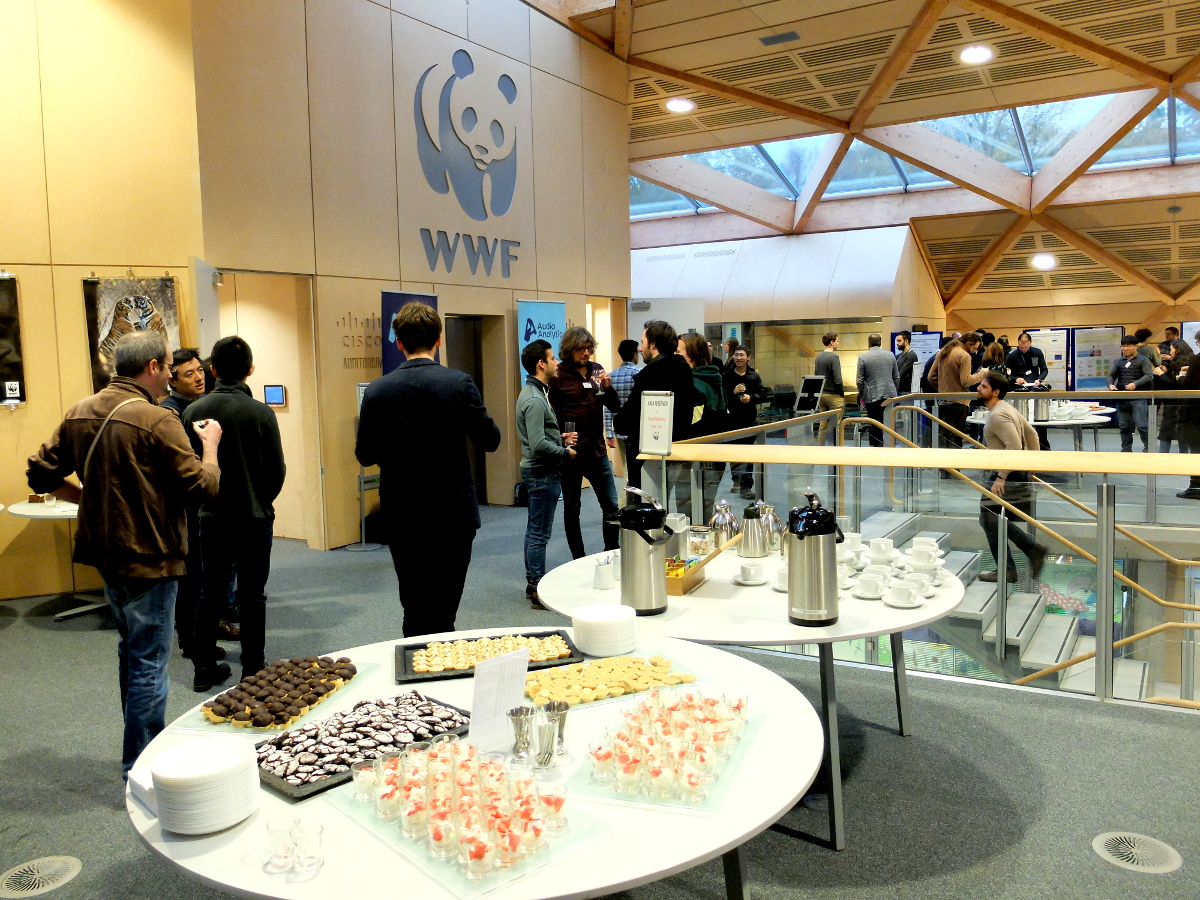
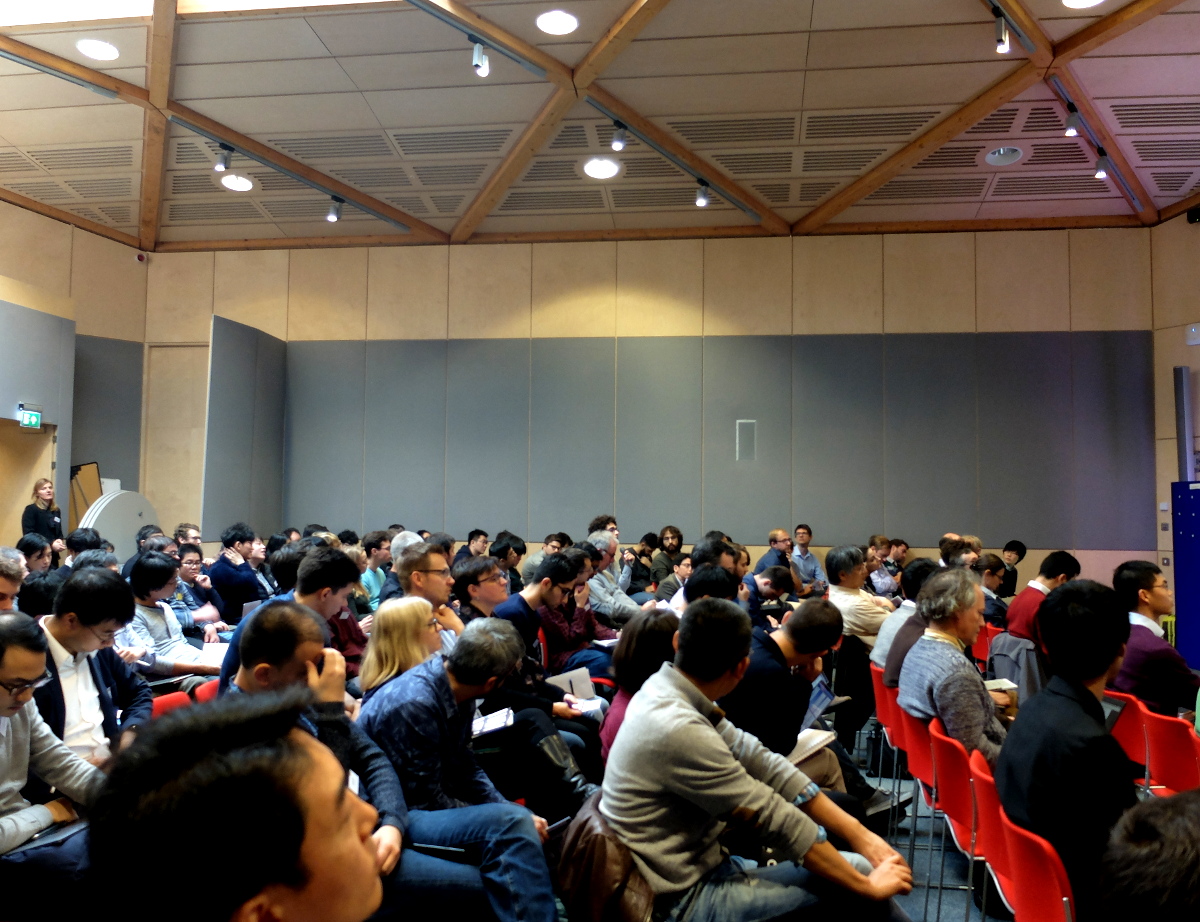

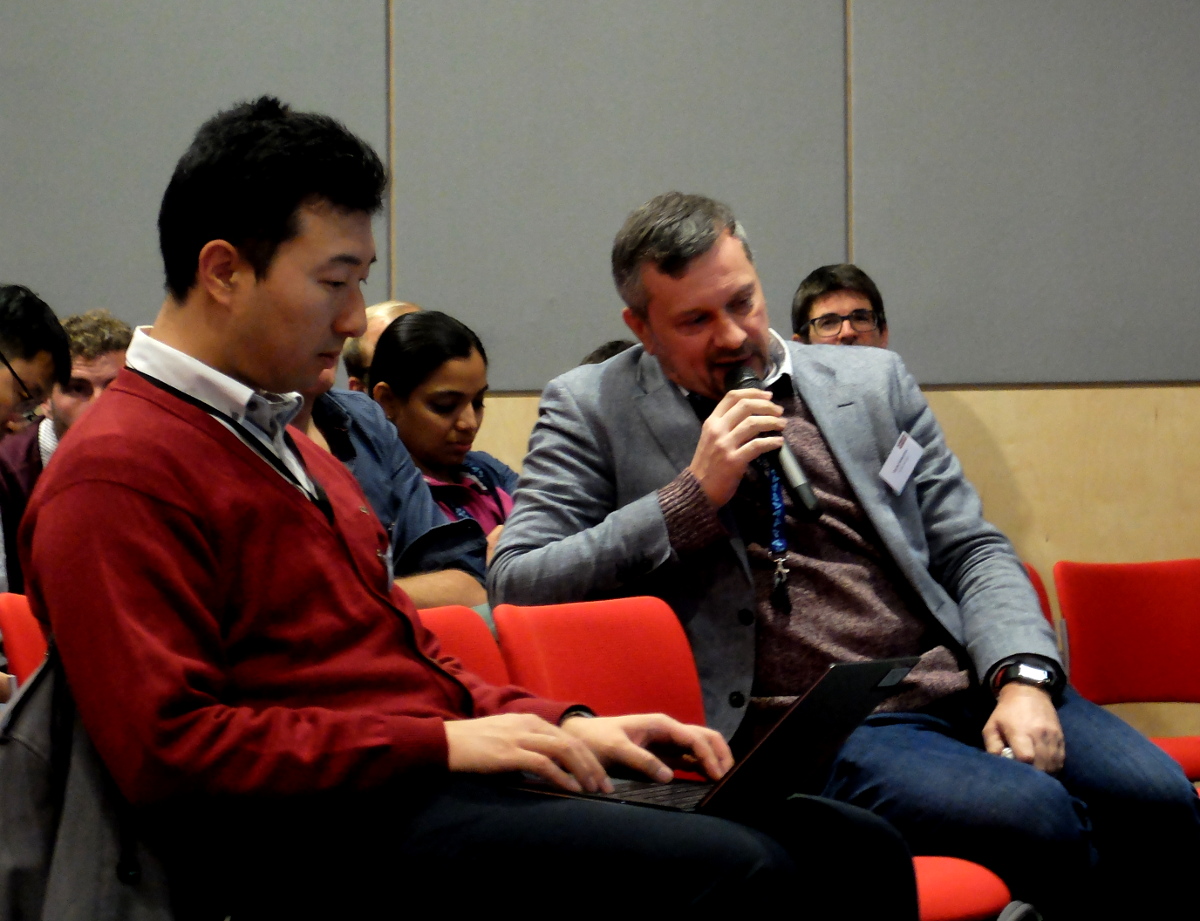
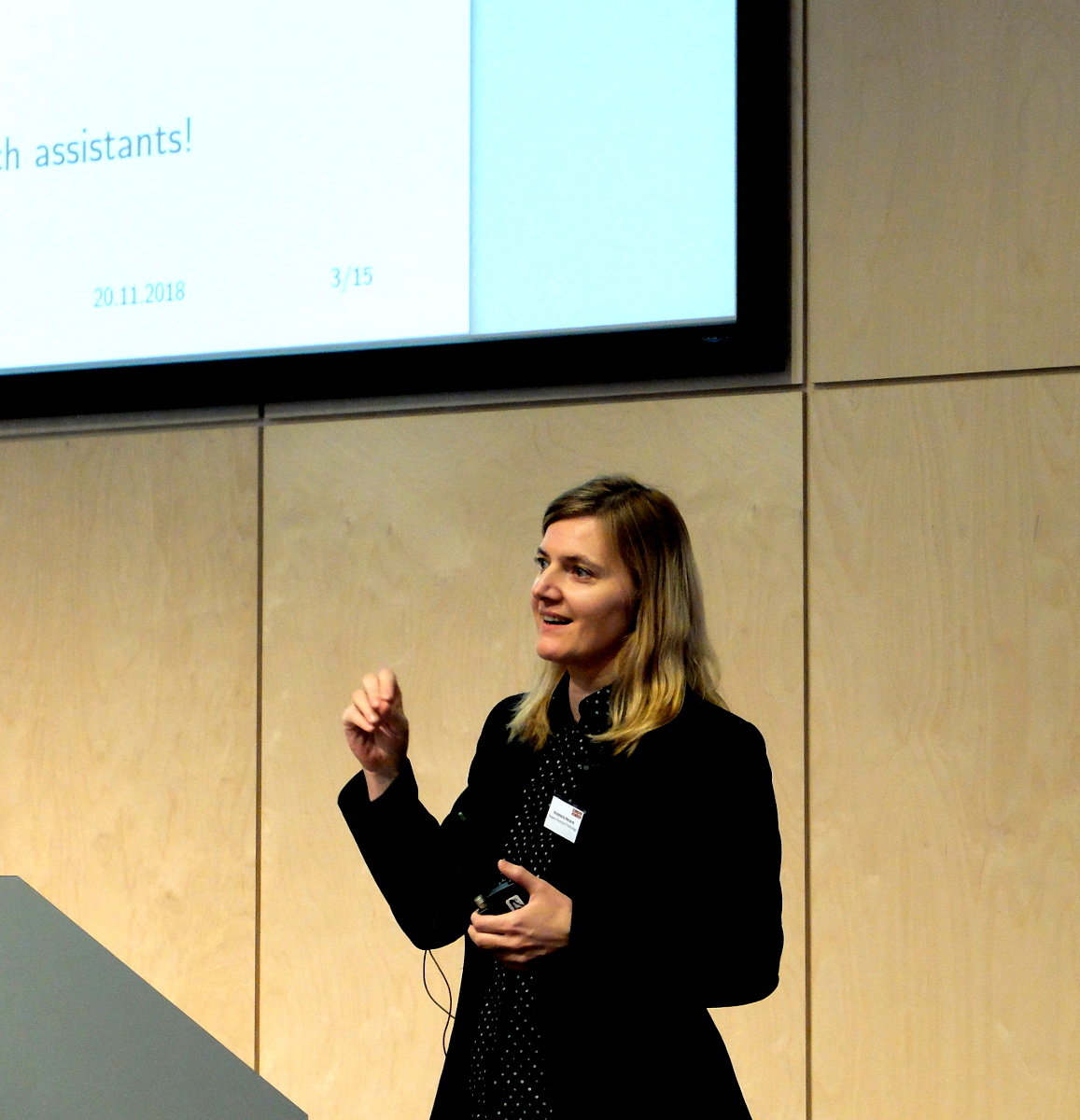
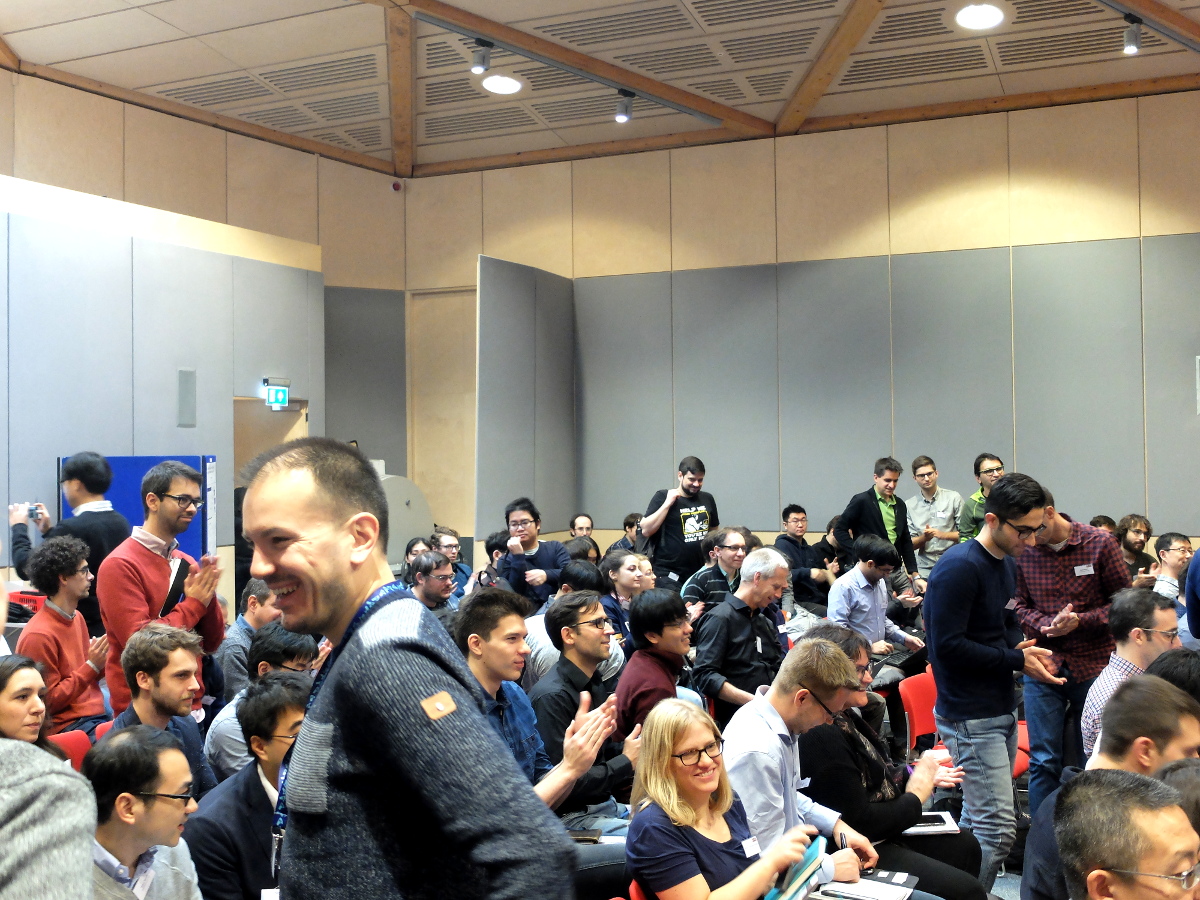
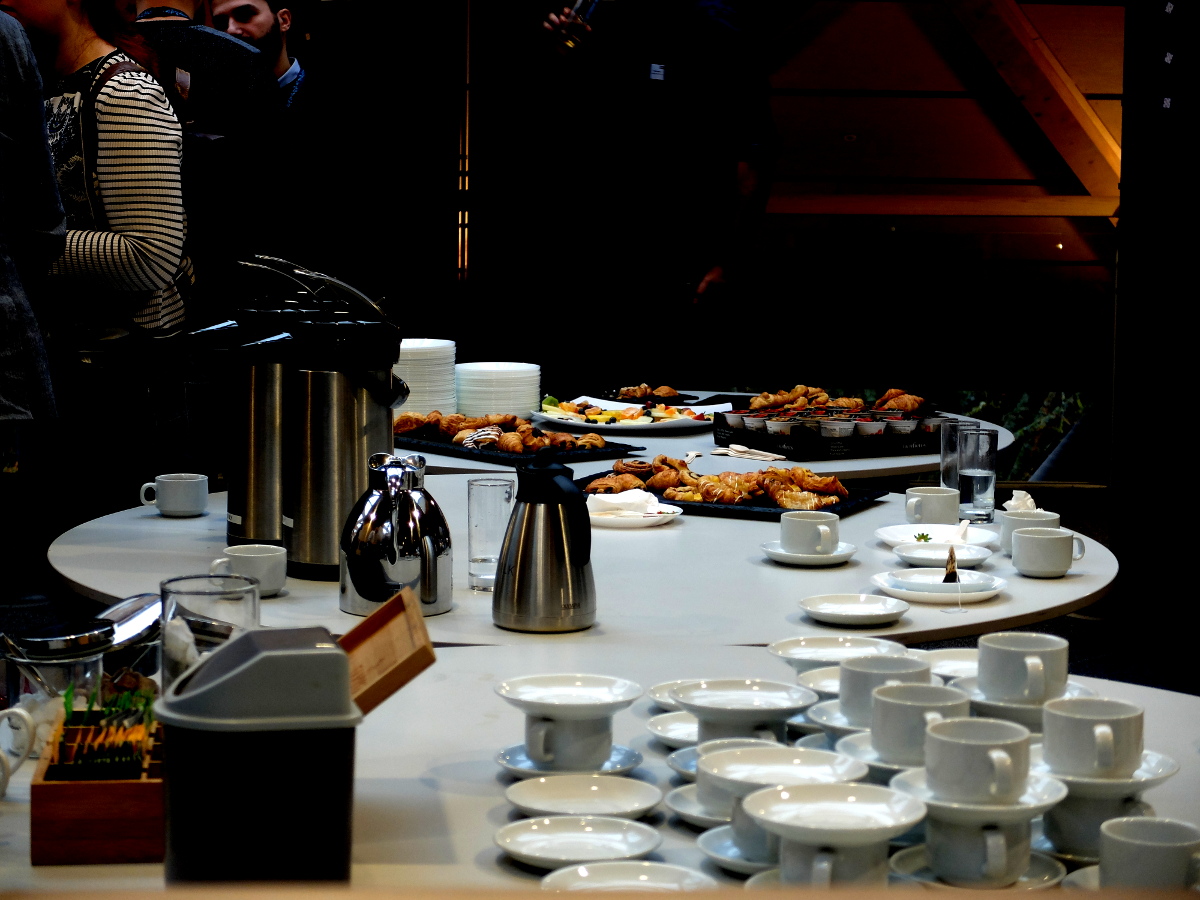
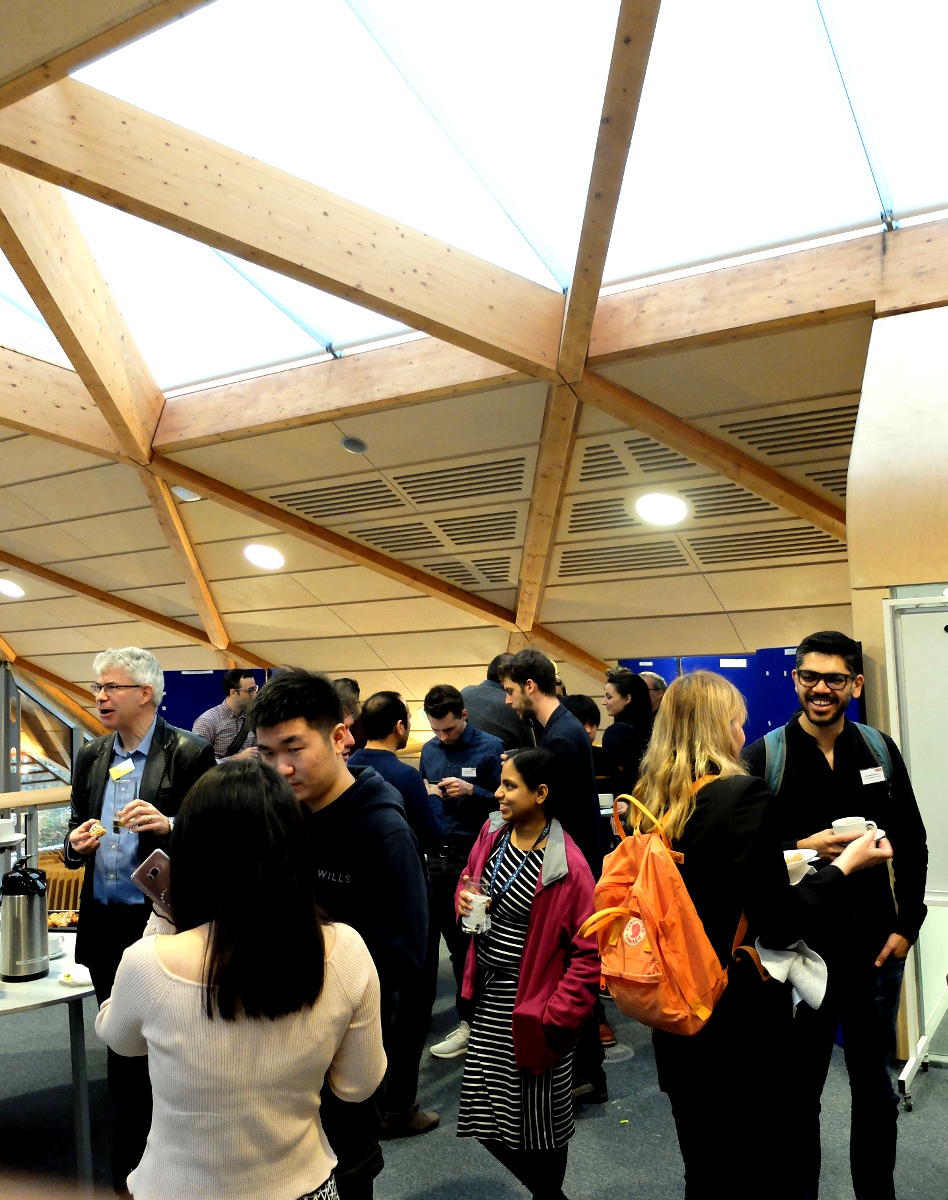

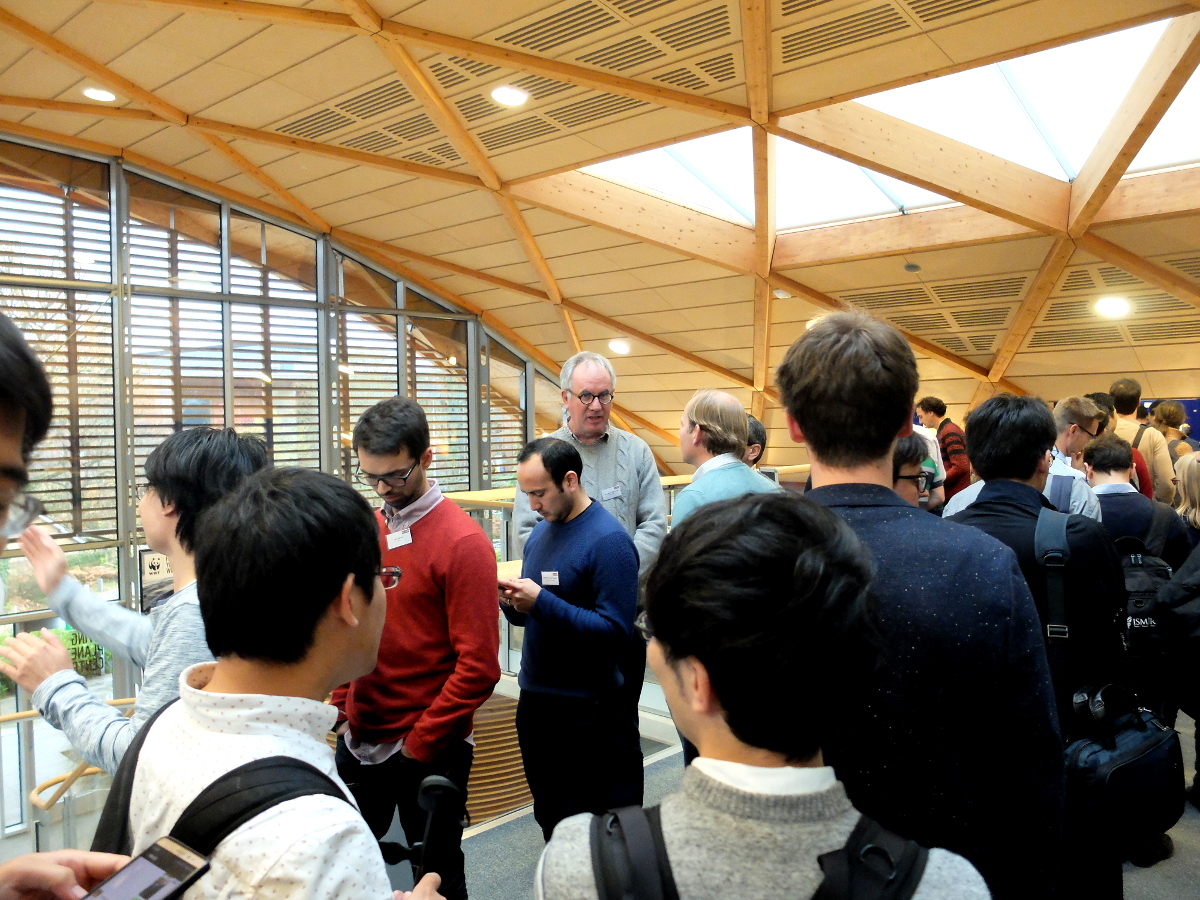
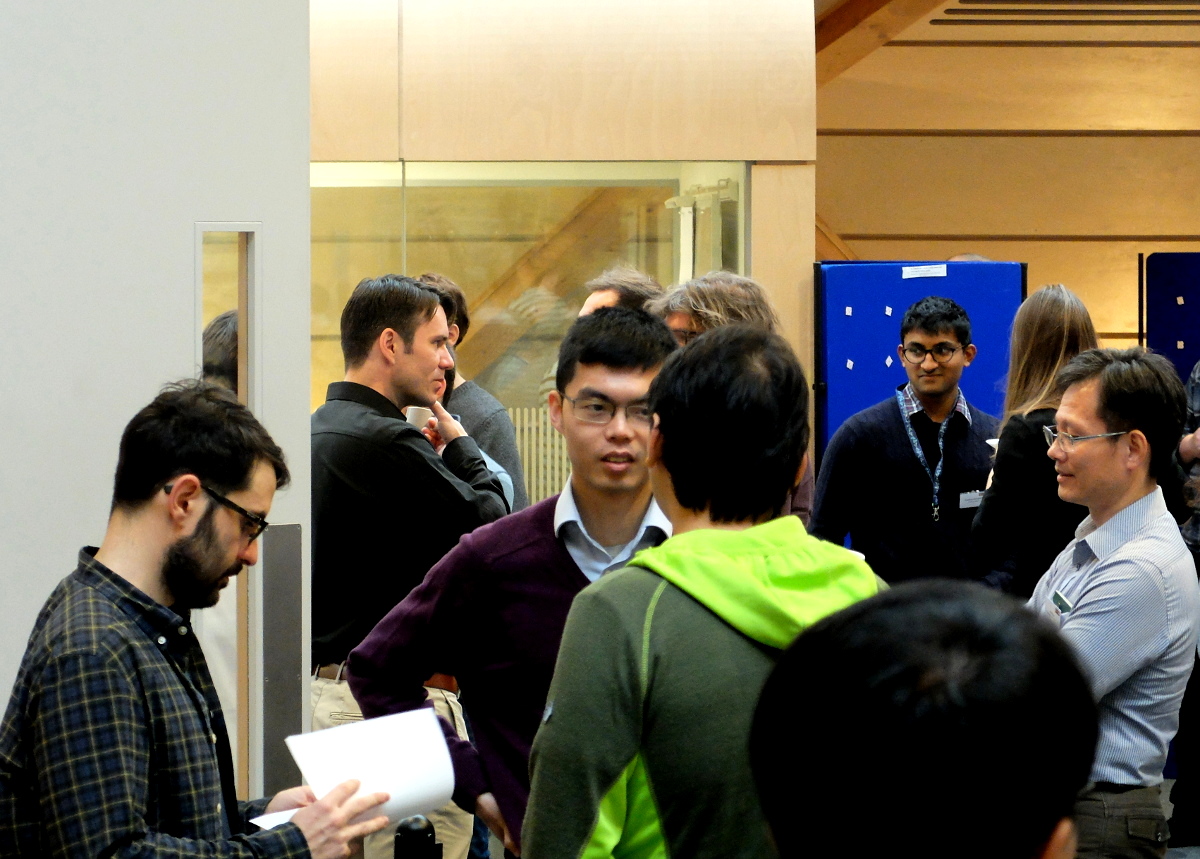

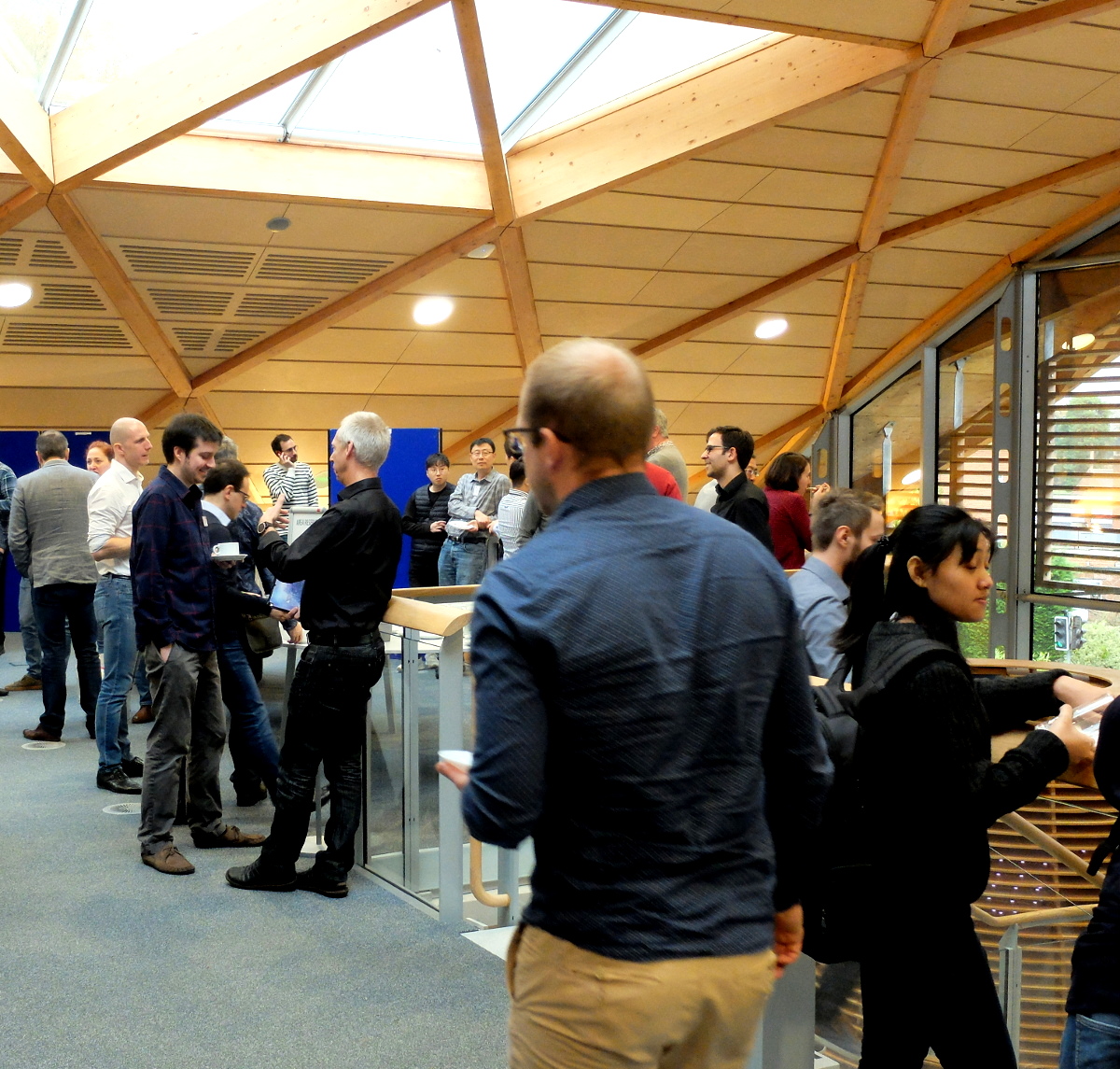
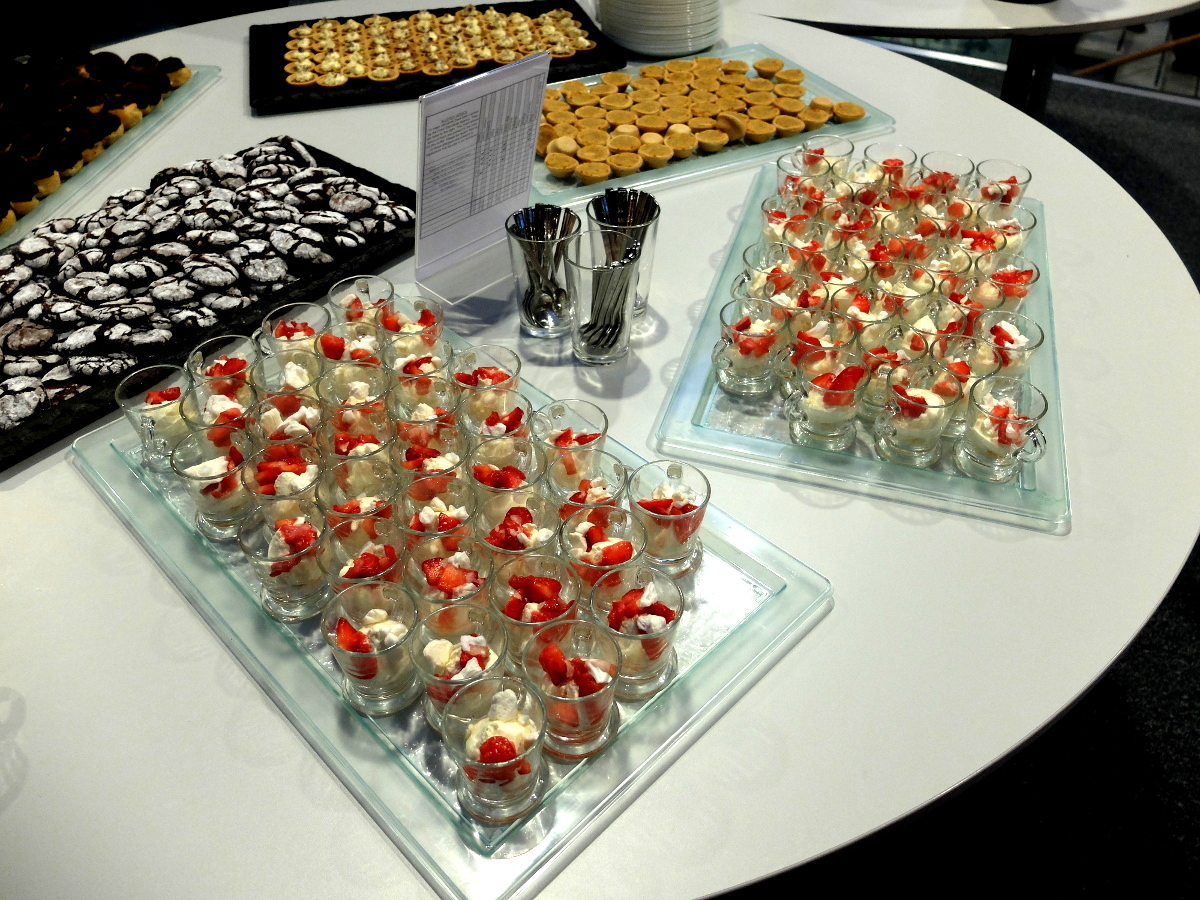
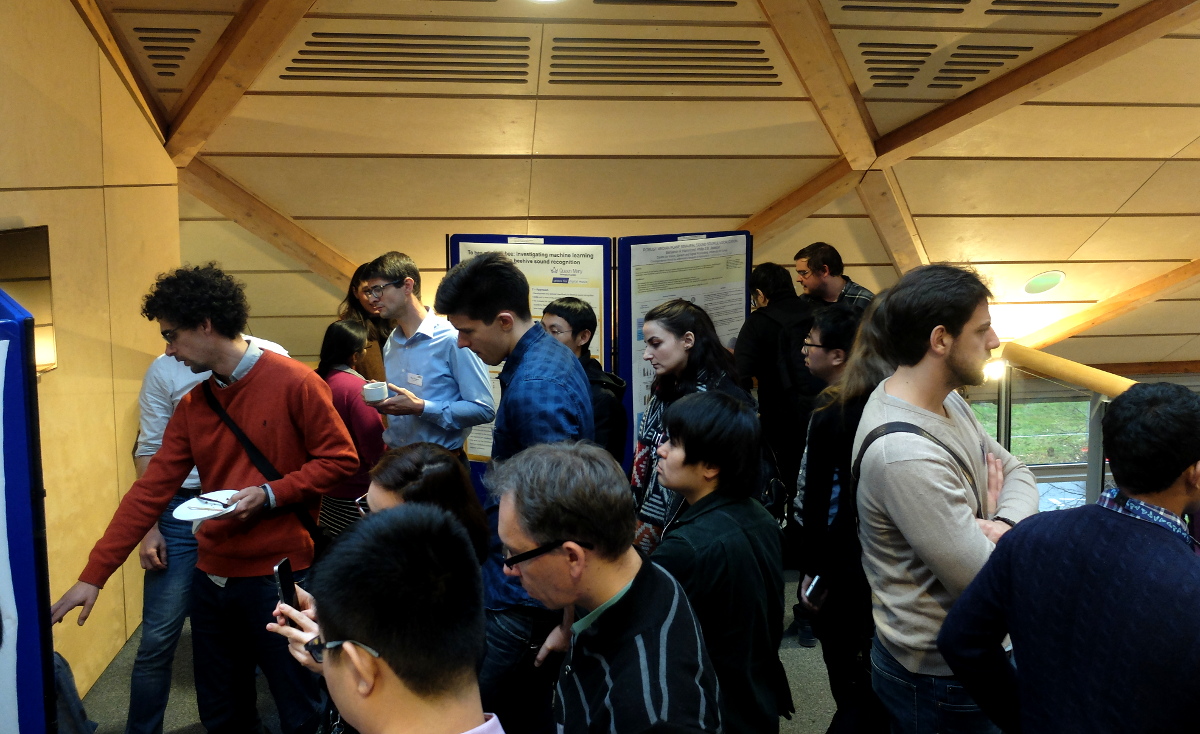
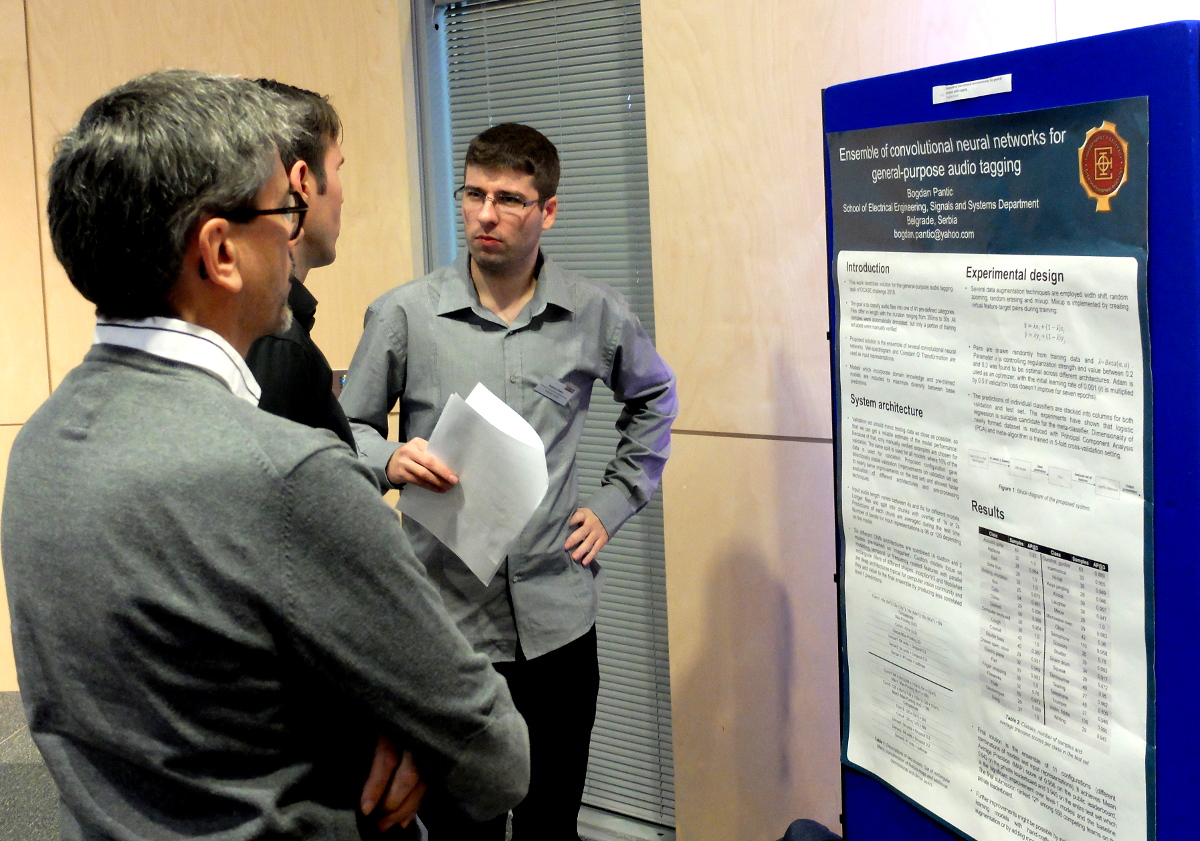
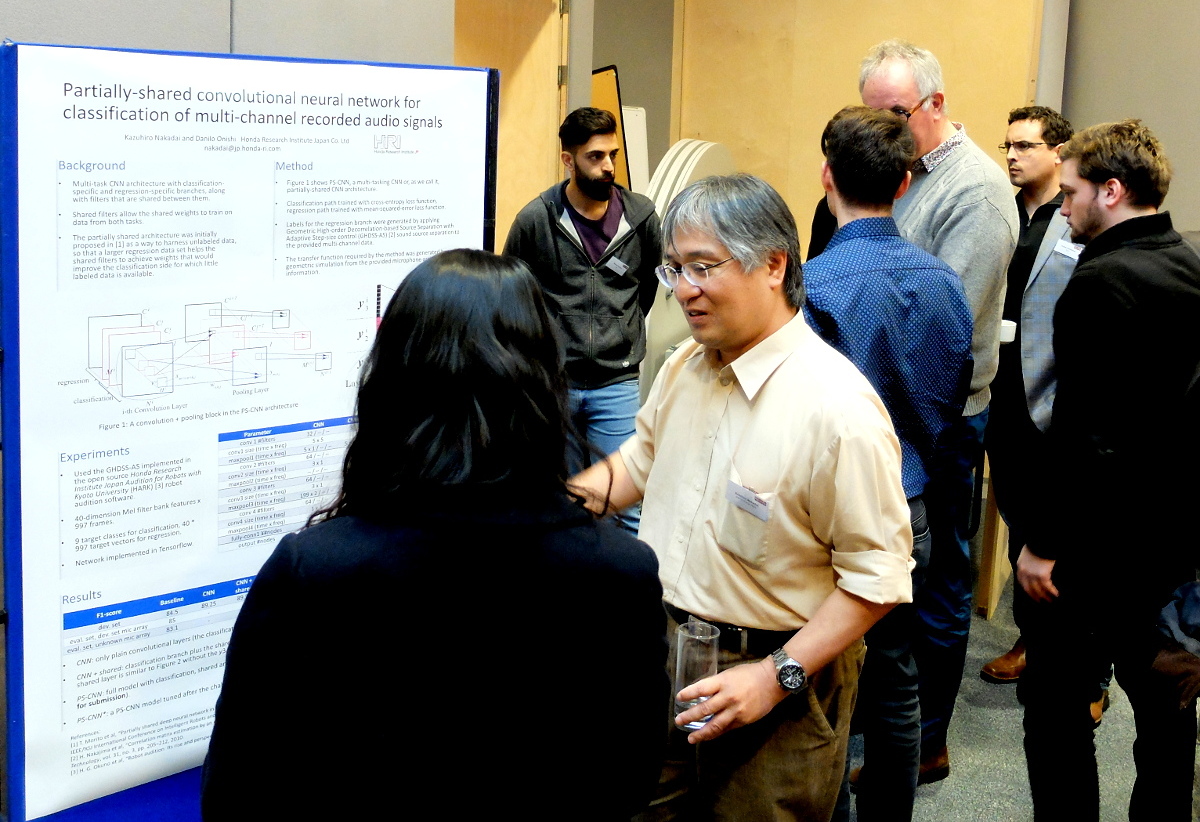
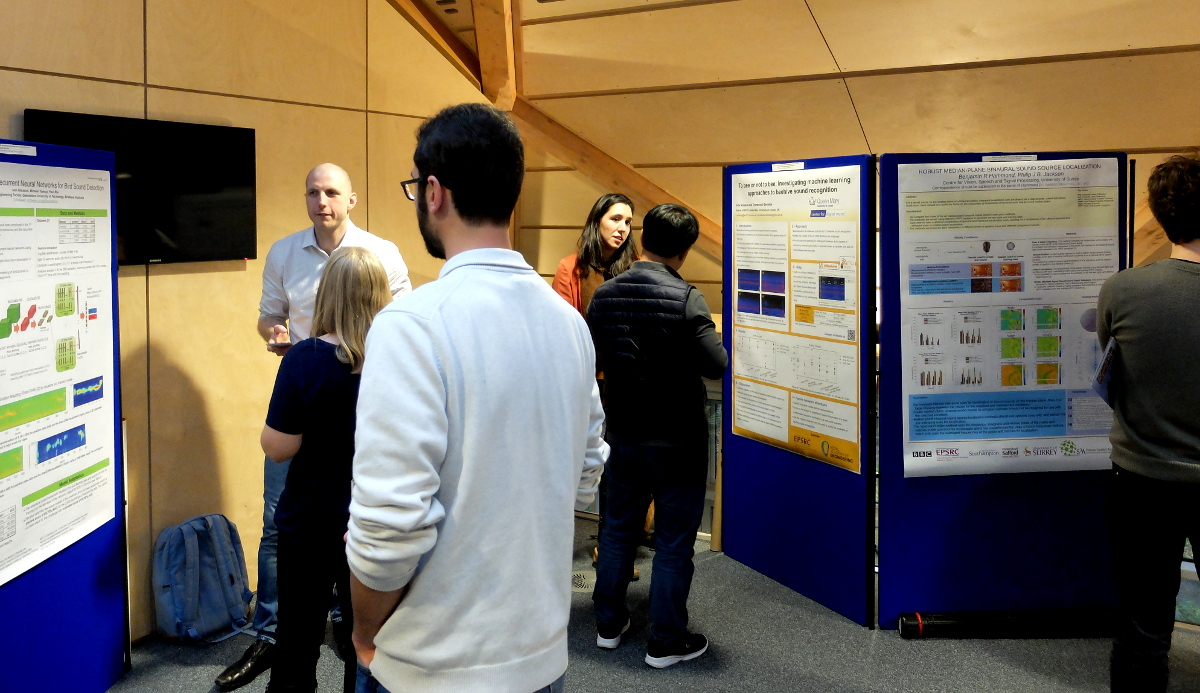
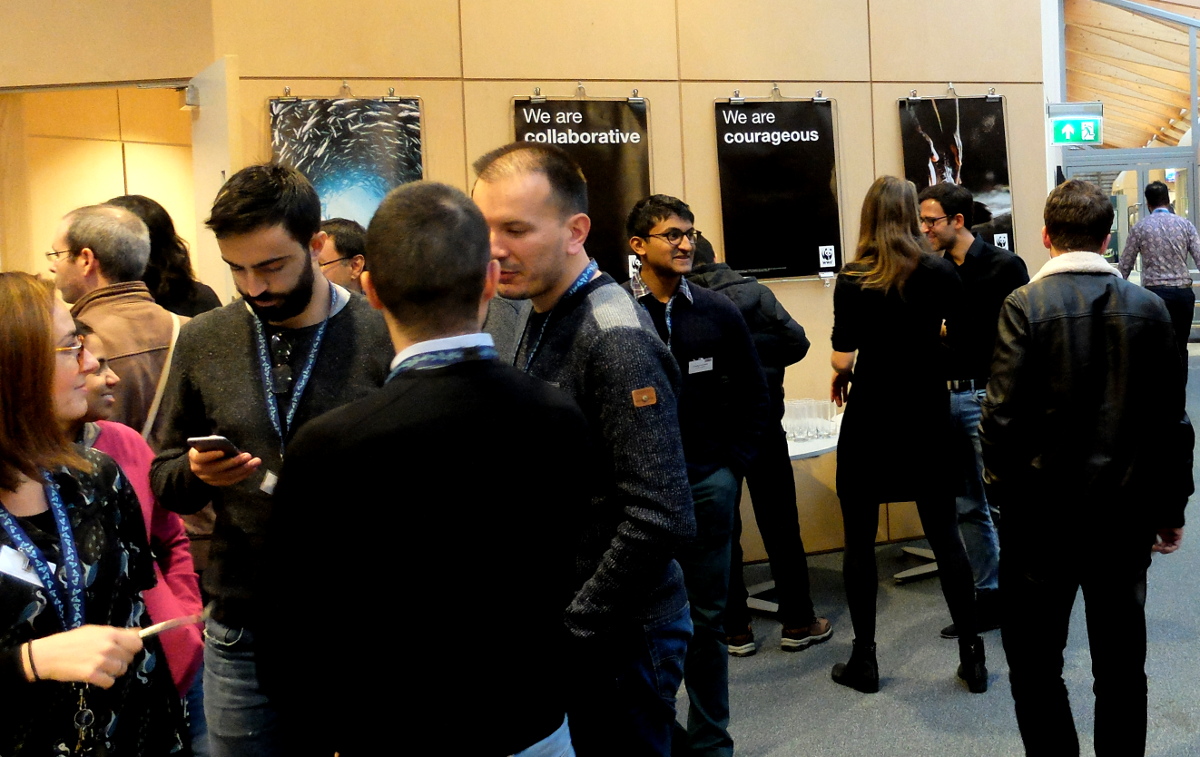
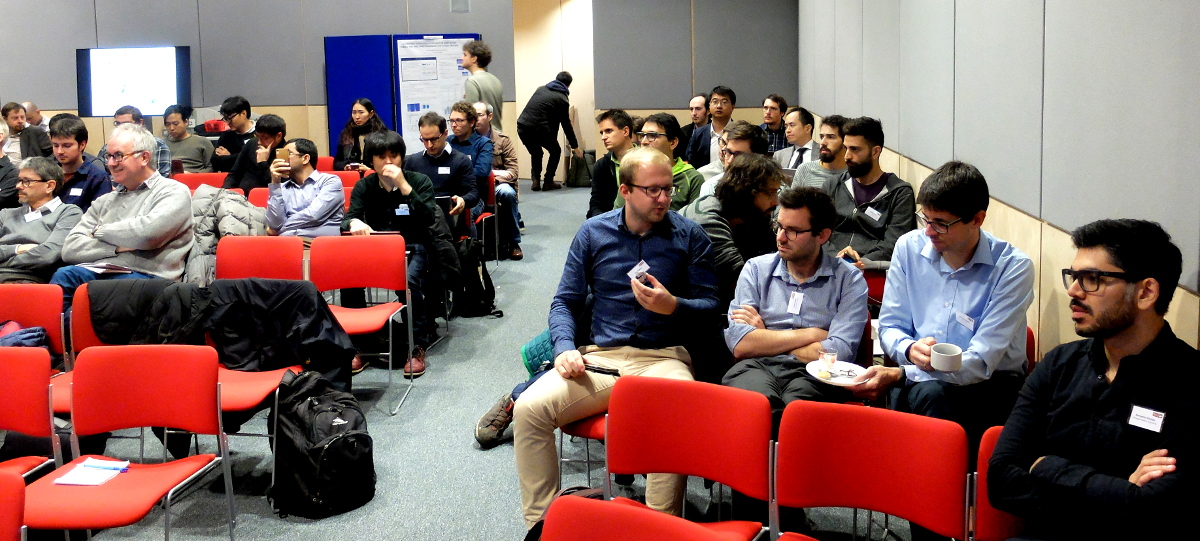
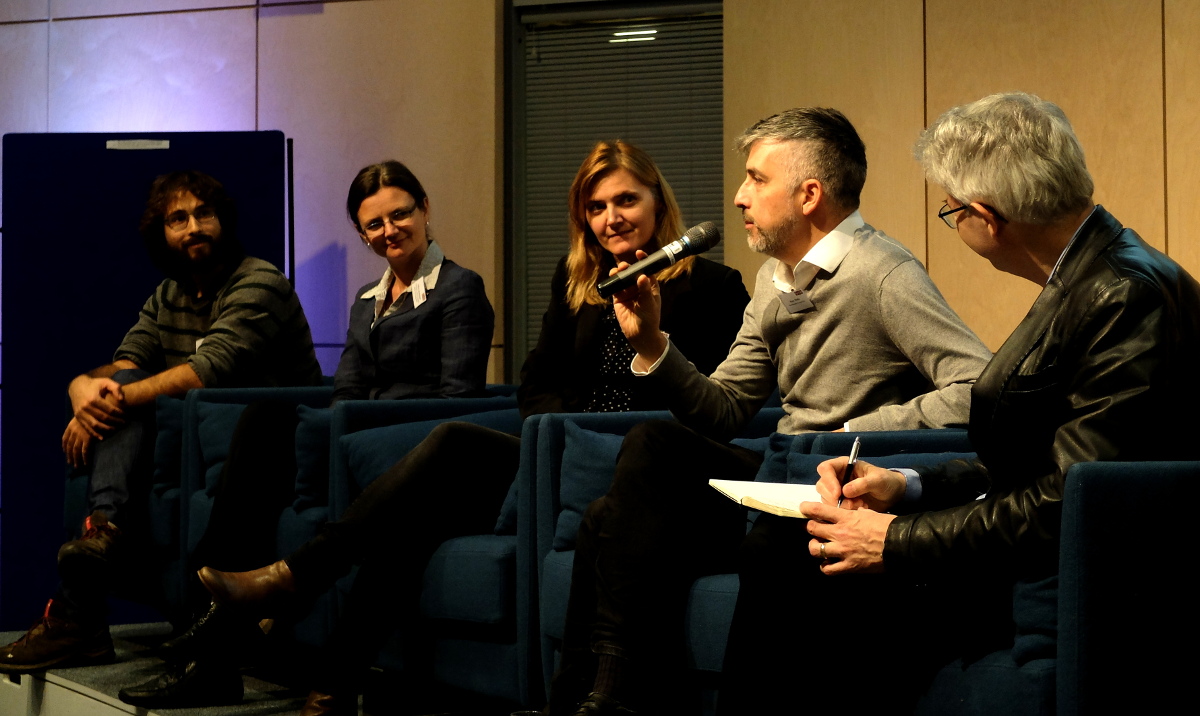

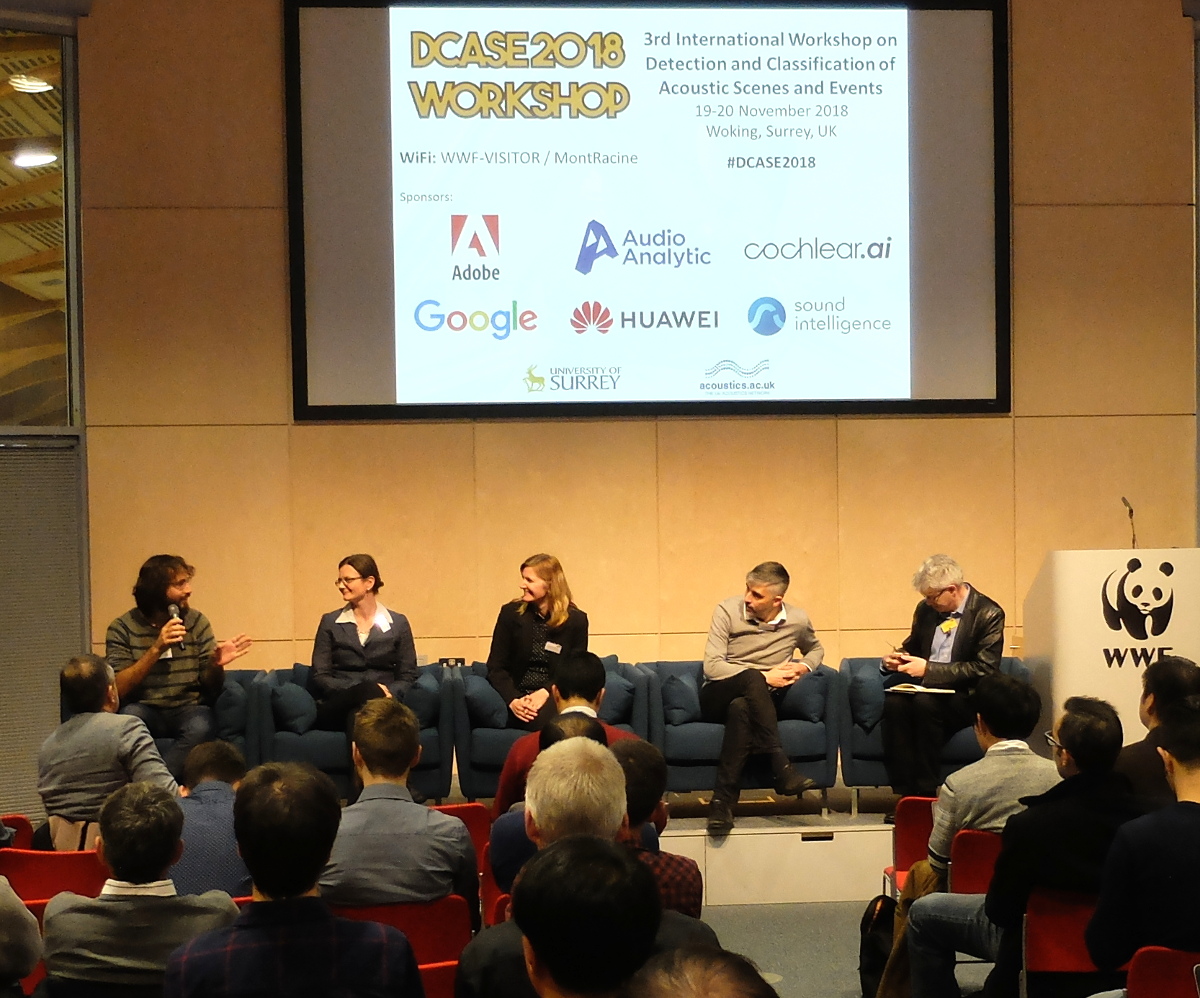
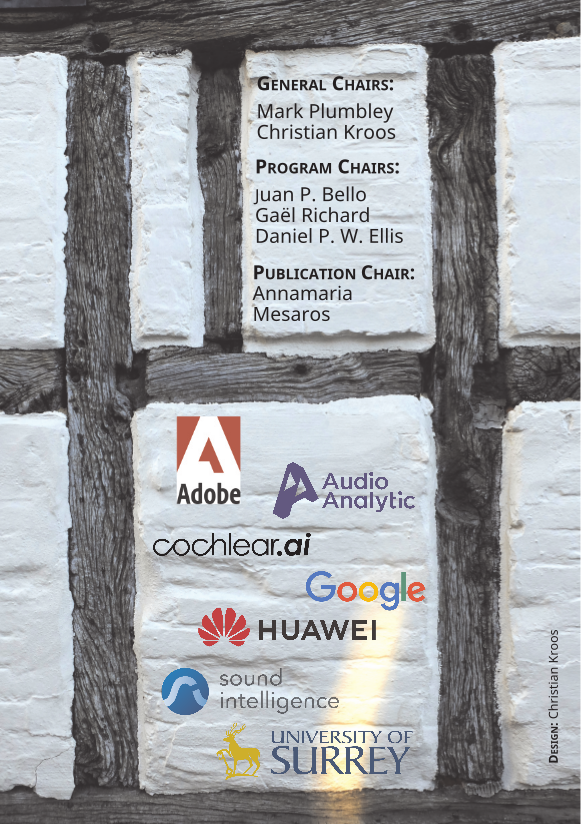
⤧ Next post Sound sensors for smart cities and assistive technology ⤧ Previous post Sounds and the city – Acoustic detection of open windows in indoor environments